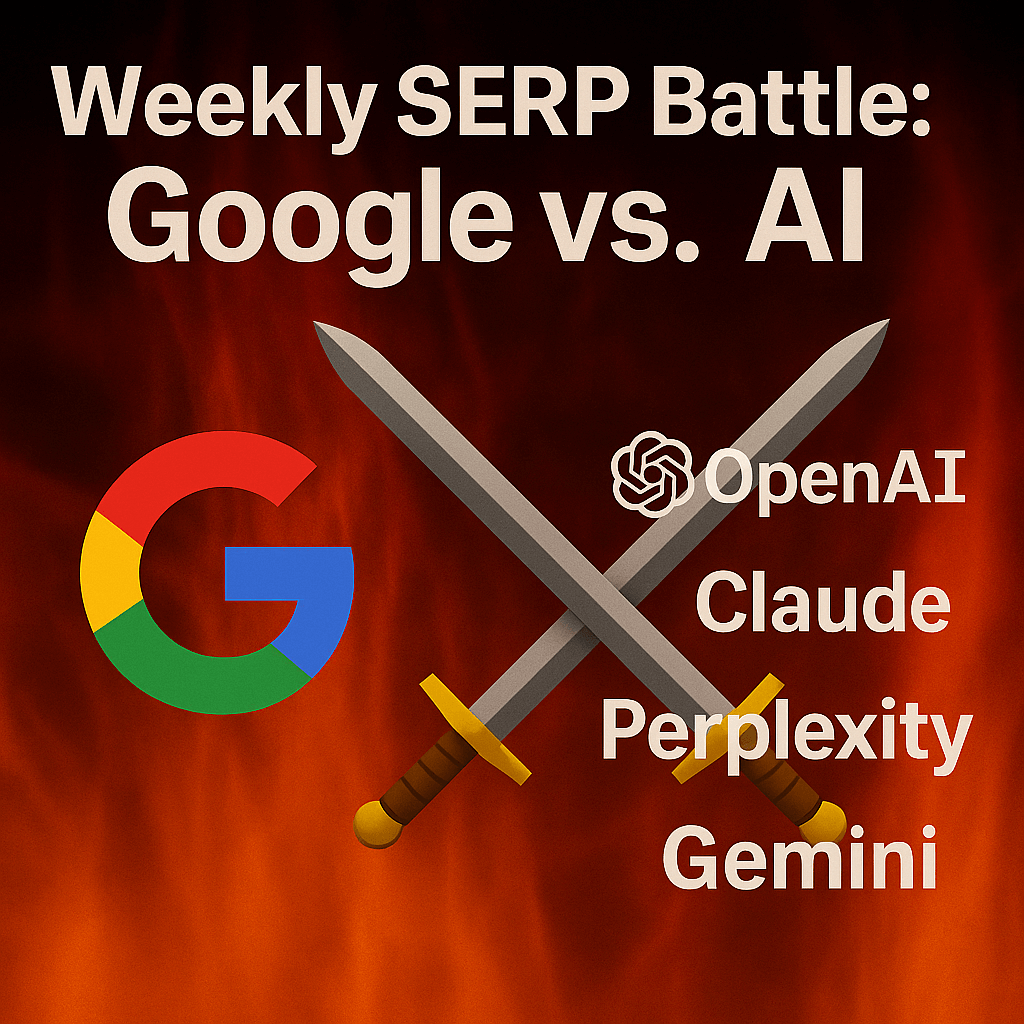The rise of ChatGPT and other AI language models has sparked intense debate in the digital marketing world. As millions of users turn to conversational AI for answers instead of traditional search engines, a critical question emerges: will ChatGPT replace SEO? The short answer is no—but it will fundamentally transform how SEO works.
The Current SEO Landscape
Search Engine Optimization has been the cornerstone of digital marketing for over two decades. Businesses invest billions annually to rank higher on Google, Bing, and other search engines. Traditional SEO focuses on keywords, backlinks, technical optimization, and content quality to help websites appear prominently in search results.
However, the way people seek information is evolving. ChatGPT and similar AI tools offer conversational, direct answers without requiring users to click through multiple websites. This shift represents a potential disruption to the traditional search paradigm, but not its complete replacement.
Why ChatGPT Won’t Fully Replace SEO
The Need for Real-Time Information
- ChatGPT’s training data has a knowledge cutoff, meaning it cannot provide real-time information about current events, stock prices, weather, or breaking news
- Traditional search engines excel at delivering up-to-the-minute information that AI models simply cannot match without constant retraining
- Users will continue relying on search engines for time-sensitive queries
Source Verification and Trust
- ChatGPT generates responses based on patterns in training data but doesn’t always cite specific sources
- Many users need to verify information, see multiple perspectives, or access original research—something traditional search results provide through diverse website links
- Professional researchers, journalists, and academics require transparent sourcing that SEO-optimized websites offer
Commercial Intent and Transactions
- People searching for products to buy, services to hire, or local businesses to visit need more than conversational answers
- E-commerce, local SEO, and transactional searches will remain dominated by traditional search engines that connect users directly with businesses
- ChatGPT cannot process payments, book appointments, or facilitate immediate commercial transactions
Visual and Multimedia Content
- Traditional search engines provide images, videos, maps, and interactive content that AI chatbots currently struggle to deliver effectively
- Users seeking visual inspiration, tutorials, or location-based information will continue using conventional search platforms
How ChatGPT Will Transform SEO
While ChatGPT won’t replace SEO, it will force the industry to evolve in significant ways:
Shift Toward Conversational Content
- Content creators must optimize for natural language queries rather than just short-tail keywords
- Long-form, question-based content that addresses user intent comprehensively will become more valuable
- SEO strategies need to account for how AI models might interpret and summarize content
Emphasis on Expertise and Authority
- As AI-generated content floods the internet, original research, unique insights, and demonstrated expertise will become critical differentiators
- Google’s E-E-A-T principles (Experience, Expertise, Authoritativeness, Trustworthiness) will matter more than ever
- Websites that serve as primary sources rather than content aggregators will gain competitive advantages
Zero-Click Optimization
- Content may need optimization for being cited by AI models, not just ranking in search results
- Structured data and clear, authoritative information presentation will help AI tools reference your content
- Brand mentions and reputation management become crucial when AI models synthesize information from multiple sources
Integration of AI and Traditional Search
- Search engines are already integrating AI-powered answers (like Google’s SGE and Bing’s Copilot)
- SEO must adapt to optimize for both traditional rankings and AI-generated summaries
- The future likely involves hybrid models where AI assistants work alongside traditional search results
The Coexistence Model
The most probable scenario is coexistence and integration rather than replacement. Microsoft’s incorporation of ChatGPT into Bing demonstrates how AI can enhance rather than eliminate search engines. Google’s development of Bard (now Gemini) and Search Generative Experience shows similar thinking.
Use Cases
- Quick factual questions: AI chatbots excel
- Research and comparison shopping: Traditional search prevails
- Complex problem-solving: Combination of both approaches
- Local and immediate needs: Search engines dominate
Complementary Strengths
- AI provides synthesized, conversational responses
- Search engines offer breadth, diversity, and real-time data
- Users will choose tools based on their specific needs at any given moment
What Business Owners Should Do Now
Rather than abandoning SEO, digital marketers should adapt their strategies:
Invest in Quality and Originality
- Create genuinely valuable content that serves as a primary resource
- Develop unique perspectives and proprietary research that AI cannot easily replicate
- Focus on building brand recognition that transcends any single platform
Diversify Discovery Channels
- Don’t rely exclusively on Google traffic
- Build direct audience relationships through email, social media, and community engagement
- Explore how your brand can be discovered through AI-powered tools
Monitor AI Citation Patterns
- Track whether and how AI models reference your content
- Optimize for clarity and authority to increase the likelihood of being cited
- Consider how conversational AI might interpret your content
Conclusion
ChatGPT represents a significant evolution in how people access information, but it won’t replace SEO—it will reshape it. The future of content discovery will likely be multi-modal, with users fluidly moving between AI chatbots, traditional search engines, and direct website visits based on their needs.
Businesses that adapt their SEO strategies to account for conversational AI while maintaining focus on traditional search optimization will thrive. Those who view this as an either-or scenario risk missing the bigger picture: the digital landscape is becoming more complex, not simpler, and success requires mastering multiple channels of discovery.
The question isn’t whether ChatGPT will replace SEO, but rather how SEO professionals will evolve to remain relevant in an AI-augmented world. The answer lies in doubling down on what makes content truly valuable—expertise, originality, and genuine user value—regardless of how people discover it.





